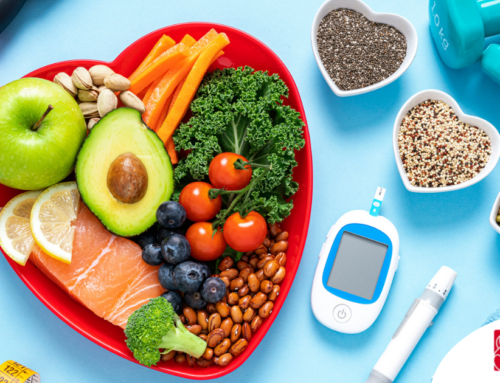Most of have a basic understanding of the circulatory system and what it does inside our bodies. When we think of circulation, we think of the blood that pumps from our hearts and throughout our veins, arteries, organs and limbs.
But many of us do not have a deeper understanding of to what degree this is important and how it affects our overall health. And more importantly, when we have poor circulation, what can we do about it?
How Does Our Circulation System Work?
According to Navigate the Human Heart and Circulatory System, posted here, “The heart and circulatory system of a human, as well as some other mammals, are complex. These large animals need to have a higher blood pressure to push the blood throughout their entire bodies. This need results in a two-circuit circulatory system, a system that has two distinct pathways:
- One pathway is for pulmonary circulation, which first delivers deoxygenated blood to the lungs so it can become oxygenated and then delivers oxygenated blood back to the heart.
- The other circuit is for systemic circulation, which carries oxygenated blood from the heart to the rest of the body and back.”
The circulatory system is the body’s transport system, transporting oxygen, carbon dioxide, blood cells, nutrients and hormones to the appropriate places in the body. It also assists in waste management, temperature regulation and helps to defend against disease.
How Does Poor Circulation Affect Seniors?
As we age, our arteries and veins tend to wear down, they’re growing older too. This can lead to arteries becoming full and blocked by fat deposits and veins can become blocked by inflammation and clots. These conditions can lead to not enough blood being transported to places such as limbs and extremities, but in extreme conditions, this can also lead to a lack of blood causing organ damage, lesser brain function and increases the risks of strokes, heart attacks and a number of other health related conditions.
Causes of Poor Circulation
While age is a factor to be considered, there are also medical conditions that can add to circulatory issues. Diabetes, atherosclerosis and high blood pressure can cause poor circulation.
Lifestyle choices can also attribute to a poor circulatory response. Weight gain, limited mobility and poor nutritional choices can also add to circulation issues.
Symptoms of Poor Circulation
- Tingling/pins and needles in your fingers, arms, toes and legs
- Cold extremities
- Muscle cramps
- Light-headedness or dizziness
- Feeling tired all the time
What Can I Do If I Have Poor Circulation?
Primarily, if you’re concerned about having circulation issues, speak with your doctor or medical health professional about your concerns and possible treatments. One of the first things your doctor will look at is if there are underlying conditions and you’ll work together to take care of those first.
Once underlying conditions are being treated, circulation treatments may include:
- Quitting smoking
- Eat a balanced diet
- Get moving physically – walking, swimming, chair aerobics, tai chi or any number of other health appropriate exercises will do.
- Massage Therapy
- Put Your Feet Up – on a regular basis!
- If you have high-blood pressure, be sure to take your meds
Wrap Up
While there are undeniable health changes as we age, by incorporating good self-care and health management, we can enjoy better health and quality of life in our golden years.
~ ~ ~
Do you have questions about how you can better support your loved one while they age in place in South Florida or regarding homecare in general? Please contact CareGivers of America here: Contact or call us toll free: 800-342-4197
*No information in this article is to be taken as advice, medical or otherwise. This post is not sponsored, but may contain external links to websites, articles or product examples. External links are used for example or refence purposes only and these links do not indicate specific product or website endorsement by CareGivers of America.





